Posted on 8/31/2023

The automotive landscape is undergoing a monumental shift, and at the heart of this transformation are electric vehicles (EVs). With their promise of eco-friendliness, lower operating costs, and futuristic technology, it's no wonder that more and more people are considering making the switch to an electric ride. But before you take the plunge into electrification, let's explore everything you need to know before buying an electric vehicle. 1. Understanding the Basics of Electric Vehicles Electric vehicles are propelled by electric motors, powered by electricity stored in batteries. Unlike traditional gasoline cars, they produce zero tailpipe emissions, making them environmentally friendly and contributing to cleaner air quality. 2. Types of Electric Vehicles There are three main types of electric vehicles: Battery Electric Vehicles (BEVs): These run entirely on electricity and do not have an internal combustion engine. How ... read more
Posted on 7/31/2023
.jpeg)
Airbags - the silent protectors that stand ready to cushion us from the unexpected impact on the roads. While we hope to never need them, their presence provides a comforting sense of security. But just like any safety feature, airbags require regular attention to ensure they function flawlessly when needed. Let's take a look at everything you need to know about airbags, from how to maintain them to how they work! The Lifesaving Role of Airbags Airbags are an essential component of modern vehicle safety systems. When an accident occurs, sensors trigger the deployment of airbags at incredible speeds, creating a protective barrier between passengers and hard surfaces. These rapid inflations drastically reduce the risk of severe injuries, particularly to the head, chest, and upper body. Here are a few different types of airbags and where they are located: Frontal airbags - located in the steering wheel. Knee airbags - placed at knee height both on the driver ... read more
Posted on 6/30/2023
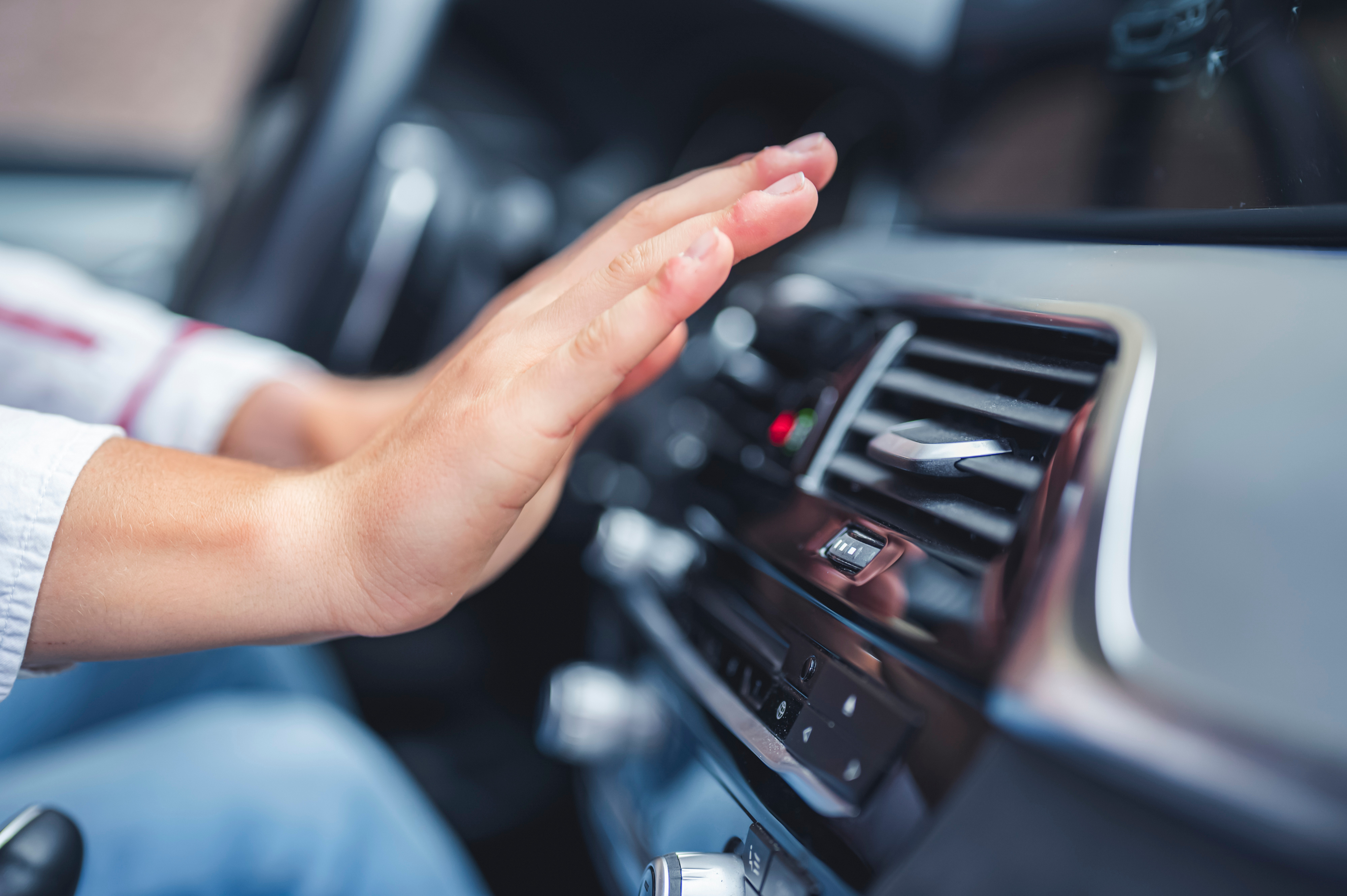
When it comes to keeping your vehicle cool and comfortable during hot summer days, an efficient air conditioning (A/C) system is a must-have. Two-zone and three-zone A/C systems are popular options that allow passengers to customize their individual comfort levels. In this blog, we'll delve into the advantages and disadvantages of these systems, helping you understand which option might be the best fit for your needs. Two-Zone A/C Advantages: Customizable Comfort With a two-zone A/C system, the vehicle is divided into two distinct zones, typically the front and rear areas. This setup allows the driver and front passenger to set their desired temperature independently from the rear passengers. It ensures that everyone can enjoy their preferred level of cooling or heating, enhancing overall passenger satisfaction. Energy Efficiency By allowing individual ... read more
Posted on 5/31/2023
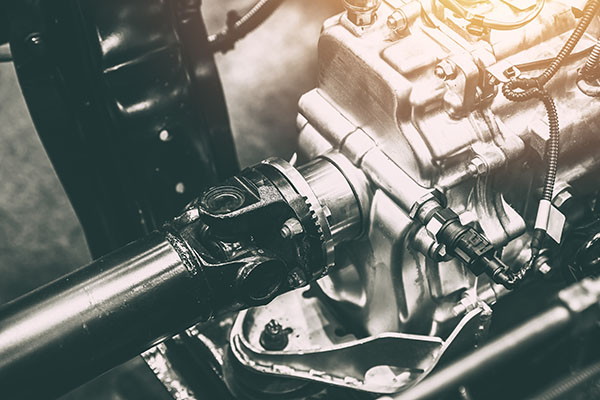
The driveshaft is a very interesting component that is important for a vehicle's drivetrain system - responsible for transferring power from the engine to the wheels. While often hidden from view, it plays a vital role in enabling smooth and efficient propulsion. While these are well-known facts, many don't know how it exactly works, but likely we will take a closer look at exactly that down below! What is a Driveshaft? The driveshaft, also known as a propeller shaft, is a cylindrical metal tube that connects the transmission or transfer case to the differential, allowing power to be transmitted to the wheels. It is found in rear-wheel drive, all-wheel drive, and four-wheel drive vehicles. Components of a Driveshaft A driveshaft typically consists of several key components: Tubing: The main body of the driveshaft, usually made of steel or aluminum, provides structural strength and rigidity. Universal Joints: These flexible joints connect ... read more
Posted on 4/29/2023

Have you noticed that your car has been bouncing excessively while driving? While it might be fun the first few times it happens, it starts to get frustrating. This can be an unsettling experience and may indicate a problem with your vehicle's suspension system. Two common components that contribute to the smoothness of your ride are shocks and struts. But which one is causing the bouncing sensation? Let's explore the differences between shocks and struts and how to identify the issue. Shocks and struts are both part of the suspension system and serve a similar purpose of absorbing shocks and vibrations. However, they have distinct roles and designs: Shocks Shocks, also known as shock absorbers, are individual components typically found in vehicles with a separate suspension setup. Their primary function is to control the up-and-down movement of the vehicle's suspension. Shocks dampen the spring oscillation, preventing excessive bouncing or jolting ... read more
Posted on 3/24/2023
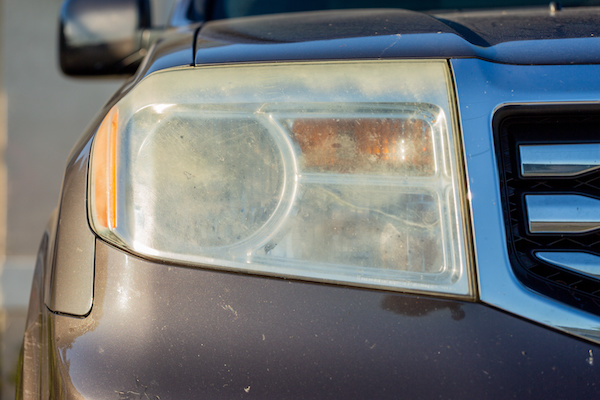
Headlight restoration is the process of restoring the clarity of a car's headlights. Over time, headlights can become hazy, foggy, and yellowed, which can reduce the effectiveness of the headlights and make it harder for motorists to see the road at night. There are many headlight restoration kits available that claim to be able to restore the clarity of headlights, but should you attempt to perform such tasks at home? Here are some pros and cons to consider when deciding whether or not to do headlight restorations at home: Pros of At-Home Headlight Restoration Cost-effective: Headlight restoration kits are relatively inexpensive compared to the cost of replacing the entire headlight assembly. Convenient: You can do it at home without having to take your car to a professional auto body shop. Easy process: Most headlight restoration kits come with clear instructions that are simple to follow. Cons of At-Home He ... read more
Posted on 2/28/2023
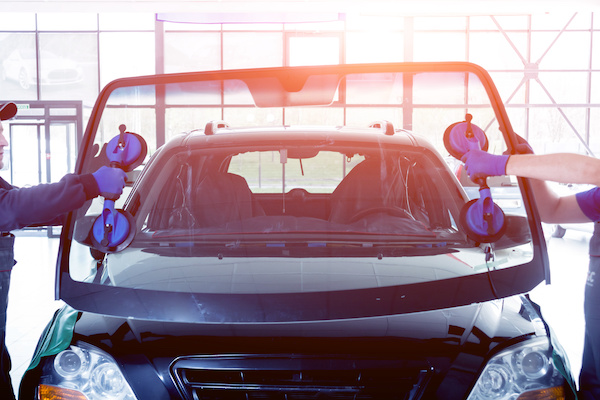
Windshields are an essential component of your vehicle, providing structural support, protection from wind and debris, and allowing you to see the road ahead. However, despite their durability, windshields can sometimes be damaged, requiring a replacement. In this blog, we'll look at the different types of windshield damage and why it's important to have them repaired or replaced promptly. Chips and Cracks: Small chips and cracks can easily occur from flying rocks, gravel, or other road debris. If left unrepaired, these chips and cracks can quickly grow in size, making it more difficult and expensive to fix, and potentially compromising the safety of the vehicle. Star Breaks: Star breaks occur when there is a central point of impact with several cracks radiating out from it. Like chips and cracks, star breaks can quickly spread and make it more difficult to repair the windshield. Bull's Eye: A bull's eye is a type of damage that resembles a target, with a circular cr ... read more
Posted on 1/30/2023
.jpeg)
Most automobile drivers don’t know what a transfer case is unless they drive a 4WD/four-wheel drive and AWD/all-wheel drive. This component ensures your front and rear axles receive enough power from the engine and transmission The transfer case comes into play to distribute power to the front wheels when your vehicle activates 4WD. Some vehicles require you to do this manually, while others can go into 4WD automatically. The transfer case is attached to the back of the engine, and it contains metal gears. To ensure your vehicle is ready to shift its power when needed, you should check the transfer case fluid regularly. Otherwise, problems with the transfer cases can cause serious performance issues. Common Signs of a Failing Transfer Case When you bring your vehicle to Mancinelli’s Auto Repair Center, our technicians will inspect the differential. We utilize top-of-the-line diagnostic tools to pinpoint problems quickly and accurately. These are some of the most co ... read more
Posted on 12/20/2022

Are you hitting the roads this holiday season? If so, the last thing we want for you is to miss your Christmas vacation or your holiday dinner because of an automotive breakdown. Before you pack the car to hit the busy roads, please make some preparations to make sure you and your loved ones make it to your destination safely. Tip #1 - Get a Pre-Trip Inspection Has it been a while since your last oil change service or brake service? We invite you to Mancinelli’s Auto Repair Center for a pre-trip inspection. We will take preventative measures to ensure you don’t experience mechanical issues over the holidays. Our team can change your motor oil and rotate your tires. We will ensure your vehicle gets everything it needs to combat any road hazards. Tip #2 - Check the Weather Forecast Speaking of hazards, the weather can be quite unpredictable depending on where you are traveling. Some parts of the US will see wet and even icy conditions over ... read more
Posted on 11/29/2022
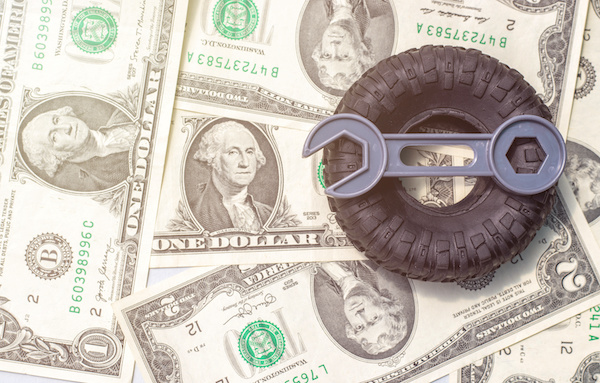
There’s no reason to stress about car repairs or maintenance when you properly budget for both before the service needs to be done. Just like how you set aside money for your car payment and vehicle insurance, you should also do so to protect your investment. We understand that the expenses can add up quickly, but at the same time, you don’t want to neglect auto care and have to buy a new car sooner than normal. Read to learn how much you should set aside for auto care. Step 1: Refer to Previous Receipts and Records To plan out how much money you need to set aside for maintenance, look at how much you’ve had to spend in the past. For example, gather all your receipts or statements from the previous year that you’ve collected at your auto repair shop. Add them up to find an estimated annual expense. Make sure to include the oil changes, tire rotations, brake pad changes, etc. Step 2: Evaluate Your Vehicle’s Condition Once you have an annual estim ... read more